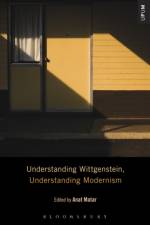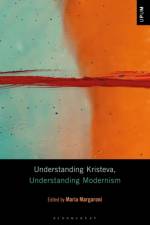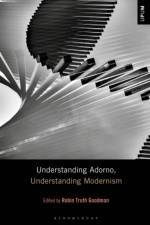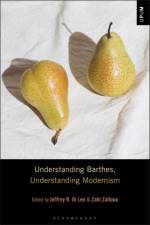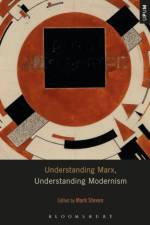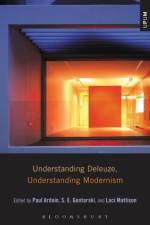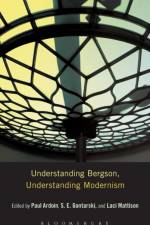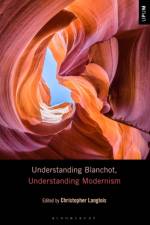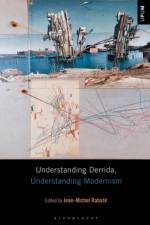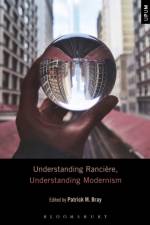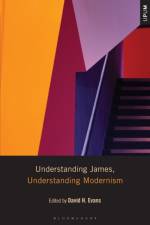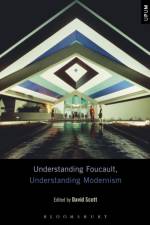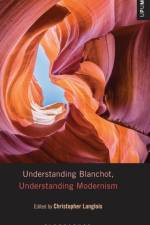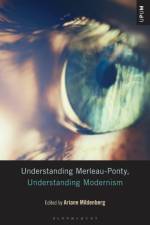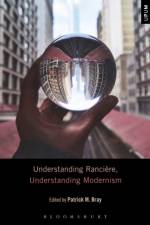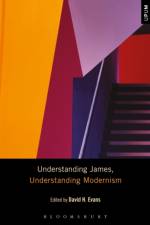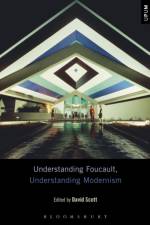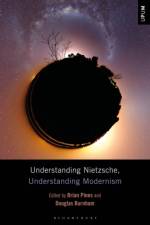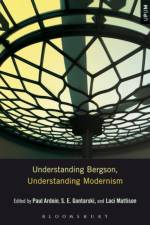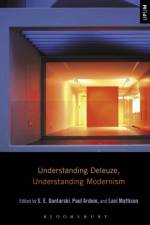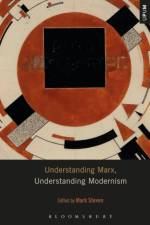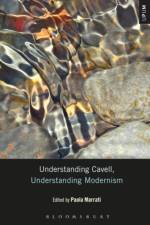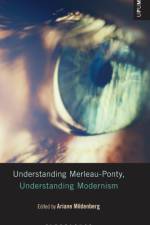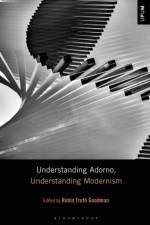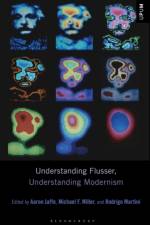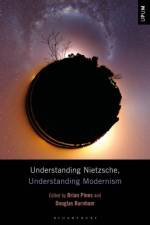2 007
Michel Foucault remains to this day a thinker who stands unchallenged as one of the most important of the 20th century. Among the characteristics that have made him influential is his insistent blurring of the border separating philosophy and literature and art, carried out on the basis of his confronting the problem of modernism, which he characterizes as a permanent task. To that end, even his most explicitly historical or strictly epistemological and methodological enquiries, which on their surface would seem not to have anything to do with literature, are full of allusions to modernist writers and artists like Mallarme, Baudelaire, Artaud, Klee, Borges, Broch-sometimes fleetingly, sometimes more extensively, as is the case with Foucault''s life-long devotion to Bataille, Klossowski, Blanchot, and de Sade. Understanding Foucault, Understanding Modernism shows, on the one hand, that literature and the arts play a fundamental structural role in Foucault''s works, while, on the other hand, it shifts to the foreground what it presumes to be motivating Foucault: the interrogation of the problem of modernism. It presents as many paths as possible, via a trandisciplinary approach, for establishing links between Foucault''s thought to aesthetic problems related to those specific works, methods, and styles designated "modernist." This volume is an invaluable resource for students and scholars in the field of literature and philosophy, and will also be of interest to those in film/media studies, art history, French intellectual history, and critical theory.

